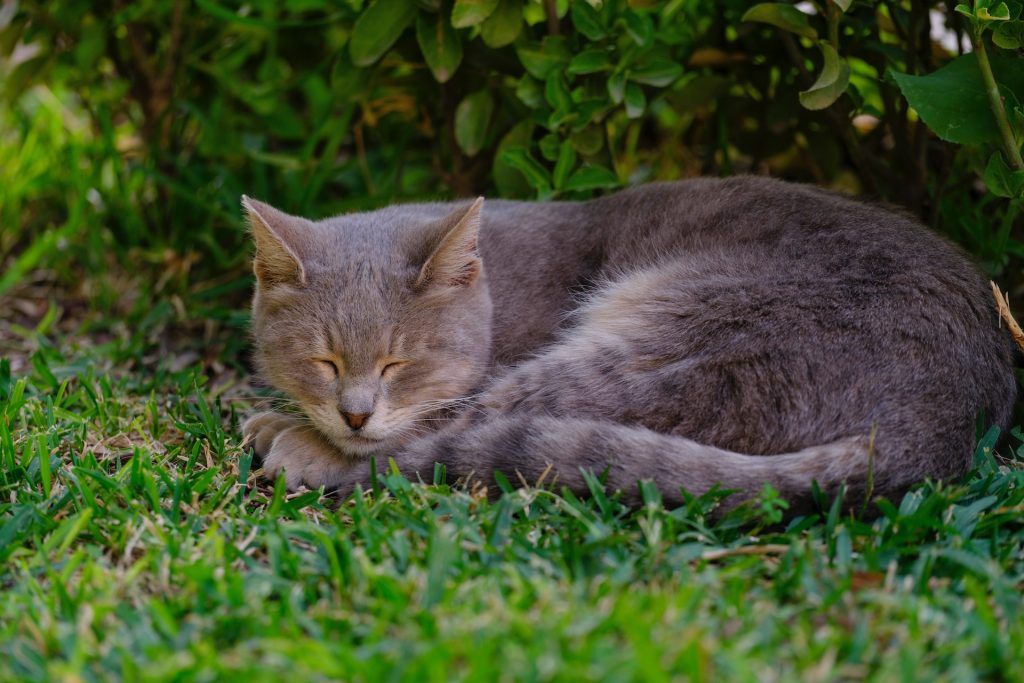
There could be a variety of reasons why your cat is getting thin. Some possible causes include:
- Illness: Your cat may have an underlying health condition that is causing weight loss. Some common conditions that can cause weight loss in cats include dental problems, kidney disease, pancreatitis, and hyperthyroidism. If you think your cat’s weight loss might be due to an illness, it is important to take them to the vet for a check-up.
- Aging: As cats get older, they may naturally start to lose weight. This can be due to changes in their metabolism, decreased activity levels, and decreased appetite.
- Stress: Cats can lose weight due to stress or anxiety, particularly if they are experiencing changes in their environment or routine.
- Changes in diet: If you have recently changed your cat’s diet, they may be getting less nutrients than they were previously. It is important to make sure that your cat’s new diet is nutritionally balanced and meets their needs.
- Decreased appetite: There could be a variety of reasons why your cat’s appetite has decreased, such as dental problems, changes in their environment, or simply getting older.
- Increased activity: If your cat is more active than usual, they may be burning more calories and losing weight as a result.
If you are concerned about your cat’s weight loss, it is important to take them to the vet for a check-up. The vet will be able to determine the cause of the weight loss and recommend the best course of treatment. In the meantime, you can try to encourage your cat to eat by offering them their favorite treats or by warming up their food to release the aroma. It is also important to make sure that your cat is getting enough exercise, as this can help to increase their appetite.

















